Algebraic Geometry
Varieties, Polyhedra, Computation
Winter Semester 2019/2020


Milestone Conference
This is the webpage of the Milestone Conference of the thematic Einstein semester Algebraic Geometry, which is devoted to the study of algebraic geometry and of its applications and is organized by Peter Bürgisser (TU Berlin), Gavril Farkas (HU Berlin) and Christian Haase (FU Berlin).
Times and Venue
The conference will take place on the 27th and the 28th of February 2020 at Zuse Institute Berlin (ZIB). The address is Takustraße 7, 14195 Berlin, Germany.
Speakers
The list of speakers includes:
- Tom Coates (Imperial College London)
- Sandra Di Rocco (KTH)
- Mahmut Levent Doğan (TU Berlin)
- Roser Homs Pons (TU Berlin - MPI MiS)
- Alessandro Oneto (OvGU Magdeburg)
- Philipp Reichenbach (TU Berlin)
- Kemal Rose (TU Berlin)
- Miruna-Stefana Sorea (MPI MiS)
- Karin Schaller (FU Berlin)
- Irene Schwarz (HU Berlin)
- Andrey Soldatenkov (HU Berlin)
- Simon Telen (KU Leuven)
- Josué Tonelli-Cueto (IMJ-PRG, INRIA Paris)
- Michael Walter (University of Amsterdam)
Registration
Registration is no longer possible.
Schedule
| Thursday 27 | |
| 8:30 - 8:55 | Registration |
| 8:55 - 9:00 | Opening |
| 9:00 - 10:00 | Michael Walter |
| 10:00 - 10:30 | Coffee break |
| 10:30 - 11:10 | Josué Tonelli-Cueto |
| 11:20 - 12:00 | Roser Homs Pons |
| 12:00 - 14:00 | Lunch |
| 14:00 - 14:25 | Kemal Rose |
| 14:30 - 14:55 | Mahmut Levent Doğan |
| 15:00 - 15:30 | Coffee break |
| 15:30 - 16:10 | Miruna-Stefana Sorea |
| 16:20 - 17:00 | Andrey Soldatenkov |
| 19:00 - | Dinner |
| Friday 28 | |
| 9:00 - 10:00 | Sandra Di Rocco |
| 10:00 - 10:30 | Coffee break |
| 10:30 - 11:10 | Karin Schaller |
| 11:20 - 12:00 | Simon Telen |
| 12:00 - 14:00 | Lunch |
| 14:00 - 14:25 | Philipp Reichenbach |
| 14:30 - 14:55 | Irene Schwarz |
| 15:00 - 15:25 | Alessandro Oneto |
| 15:30 - 16:00 | Coffee break |
| 16:00 - 17:00 | Tom Coates |
| 17:00 - 17:05 | Closing |
Abstracts
Tom Coates (Imperial College London) - Mirror Symmetry and Fano Manifolds
Fano manifold are basic building blocks in algebraic geometry, and their classification is a a long-standing open problem. There is exactly 1 one-dimensional Fano manifold, the line; there are 10 two-dimensional Fano manifolds, the del Pezzo surfaces; and there are 105 three-dimensional Fano manifolds, classified by Mori and Mukai in the early 1990s. I will describe a new approach to Fano classification which should work in all dimensions, and report on progress in dimension four. This is joint work with Corti, Kasprzyk, Golyshev, Galkin, Kalashnikov, Prince, Petracci, and others.
Sandra Di Rocco (KTH) - Geometry of sampling
Sampling an algebraic variety is an essential way of visualising the variety (hence the solution of a system of polynomial equations) and to recover geometrical and topological features (the geometric signature of the solution). Classical invariants from algebraic geometry, like polar classes, provide an explanation and numerical measures for the density of a sample. An introduction to the classical theory as well as recent results will be given during the talk.
Mahmut Levent Doğan (TU Berlin) - The Multivariate Schwartz-Zippel Lemma
Motivated by applications in combinatorial geometry, we consider the following question: Let $\lambda = (\lambda_1,\lambda_2,\dots,\lambda_m)$ be an $m$-partition of $n$, let $S_i \subseteq C\lambda_i$ be finite sets, and let $S := S_1 \times S_2 \times \dots \times S_m \subset C_n$ be the multi-grid defined by $S_i$. Let $p$ be a degree $d$ polynomial with $n$ variables. How many zeros can $p$ have on $S$? We show that, except for a special family of polynomials -that we call $\lambda$-reducible-, a natural generalization of Schwartz-Zippel-DeMillo-Lipton lemma holds. Moreover, we develop a symbolic algorithm to detect $\lambda$-reducibility. Along the way we also present a multivariate generalization of Combinatorial Nullstellensatz, which might be of independent interest.
Roser Homs Pons (TU Berlin - MPI MiS) - Canonical Hilbert-Burch matrices in $\mathbb{K}[[x,y]]$
In this talk we will discuss Hilbert-Burch matrices of ideals of codimension two and compare global monomial orders in $\mathbb{K}[x,y]$ with local orders in $\mathbb{K}[[x,y]]$. We will see how these tools can be used to give a parametrization of zero-dimensional ideals in the ring of polynomials and the ring of formal power series in two variables.
Alessandro Oneto (OvGU Magdeburg) - The geometry of strength of polynomials
The strength of a homogeneous polynomial is the shortest length of an expression of the polynomial as a sum of reducible polynomials. We call it slice rank if we require the summands to be reducible polynomials having a linear factor. These normal forms are related to special subvarieties of hypersurfaces: for example, it is immediate to see that the slice rank of a polynomial coincides with the smallest codimension of a linear space contained in the hypersurface defined by it. Or, if the hypersurface contains a complete intersection of codimension r, then the polynomial has strength at most r. The study of these additive decompositions is related to the study of varieties of reducible forms. I will explain these different interpretations of the same question and I will report about an ongoing project with Arthur Bik (U. of Bern) where we show that the slice rank and the strength coincide generically. We prove it for forms of degree at most 7 by proving instances of a weak version of Froberg's conjecture on the Hilbert series of general ideals.
Philipp Reichenbach (TU Berlin) - Invariant theory and scaling algorithms for maximum likelihood estimation
This talk will be about an ongoing project that links Algebraic Statistics to Invariant Theory. More precisely, we relate certain instances of Maximum Likelihood Estimation (MLE) to the null-cone problem from Invariant Theory. This allows comparison of Iterative Scaling methods for MLE computation with algorithms solving the null-cone problem. This is joint work with Carlos Amendola (TU Munich), Kathlén Kohn (KTH Stockholm) and Anna Seigal (University of Oxford).
Kemal Rose (TU Berlin) - The non Gorenstein Locus of Hibi rings
In this talk we will present a complete description of the non Gorenstein locus of a Hibi ring in terms of the combinatorics of the underlying Poset.
Miruna-Stefana Sorea (MPI MiS) - Real Algebraic Geometry of Chemical Reaction Networks
Some dynamical systems arising from chemical reactions can be represented as finite directed graphs embedded in the Euclidean space, called chemical reaction networks (CRN). Under mass-action kinetics, these dynamical systems can be represented using polynomial ODEs. This creates a strong connection between real algebraic geometry and chemical reaction networks. In this talk, we will focus on complex-balanced mass-action systems, called “toric” dynamical systems. Under some conditions (e.g. the CRN is connected) toric systems enjoy nice dynamical properties, such as global stability, persistence and permanence. We will show that the same is true for a larger class of systems, called "disguised toric" dynamical systems.
Karin Schaller (FU Berlin) - Polyhedral Divisors and Orbit Decompositions of Normal Affine Varieties with Torus Action
Irene Schwarz (HU Berlin) - On the Kodaira dimension of the moduli space of pointed hyperelliptic curves
We study the moduli space $\overline{\mathcal{H}}_{g,n}$ of genus g hyperelliptic curves with $n$ marked points. It is known that this space is uniruled for $n\leq 4g+5$. We show the reverse statement: The Kodaira dimension is non-negative for $n=4g+6$. And for $n\geq 4g+7$ the moduli space becomes of general type.
Andrey Soldatenkov (HU Berlin) - Hodge structures of compact hyperkähler manifolds
Compact hyperkähler manifolds form an important class of varieties with trivial canonical bundle. In my talk, I will recall the definition and main properties of such manifolds and discuss some recent progress in understanding the Hodge structures on their cohomology algebras.
Simon Telen (KU Leuven) - Solving Polynomial Systems using Cox Rings
The Cox ring of a compact toric variety is a generalization of the homogeneous coordinate ring of projective space. In this talk we present numerical algorithms for computing a subscheme of such a toric variety defined by the homogenization to the Cox ring of relations on its torus. We introduce generalizations of classical eigenvalue methods and homotopy path tracking algorithms for computing homogeneous coordinates of the solutions. The approach allows to understand the number of solutions in the torus of certain families of systems, as well as to deal with solutions `at infinity' in a robust way.
Josué Tonelli-Cueto (IMJ-PRG, INRIA Paris) - Beyond Gaussians in the probabilistic analysis of condition numbers in algebraic geometry
The complexity of numerical algorithms in algebraic geometry depends on an input-dependent parameter called condition number. To understand the complexity of these algorithms for a general input, a general strategy (going back to Goldstein, von Neumann, Demmel and Smale) is to analyse probabilistically the condition number of a random algorithm. A pervasive assumption of these probabilistic analyses in numerical algebraic geometry is that the considered distribution is Gaussian, being the only exception the work of Ergür, Paouris and Rojas on zero dimensional real polynomial systems. In this talk, we show how the techniques from geometric functional analysis, introduced by Ergür, Paouris and Rojas in numerical algebraic geometry, can be applied to more general cases such as grid-based algorithms in the real case and homotopy continuation in the complex case.
Michael Walter (University of Amsterdam) - Invariants, Algorithms, and Optimization
We will revisit classical problems in geometric invariant theory through the computational lens. Starting from complexity theoretic intuition, we will discuss how to design optimization algorithms that test membership in null cones and moment polytopes. These tasks capture a diverse set of problems in mathematics and computer science, and we will explain some of these surprising connections.Conference Dinner
The (self-paid) conference dinner will be on Thursday (27.02.2019) at 19:00h in Luise Dahlem (Königin-Luise-Straße 40 - 42, 14195 Berlin)
Contacts
For any question about this event, you may contact the organisers of the Milestone conference: Matías Bender (TU Berlin), Peter Bürgisser (TU Berlin).
